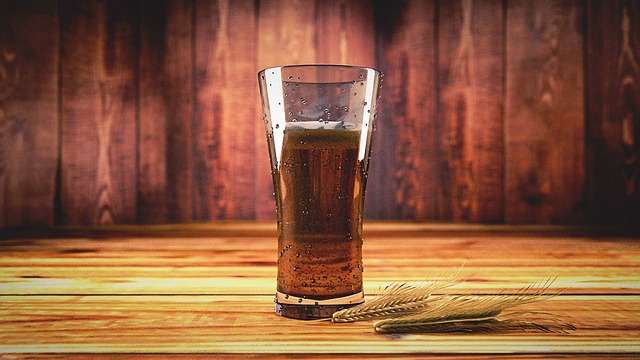LVP flooring in Denver is a popular choice for its durability and aesthetic appeal but requires proper care to avoid issues like peeling or warping. Regular cleaning, prompt repairs, and moisture management are crucial. Choosing the right LVP flooring based on needs like water resistance and low maintenance ensures successful installation. Regular maintenance includes weekly cleaning, spill cleanup, and inspections to prevent damage and prolong the life of LVP flooring in Denver.
“LVP (Luxury Vinyl Plank) flooring has become a popular choice for Denver homes, offering durability and style. However, like any flooring type, it’s not immune to issues. From scratches and chips to loose planks and curling edges, this article equips Denver residents with the knowledge to tackle common LVP problems. We’ll explore the causes behind these issues, provide a detailed repair guide, offer tips for choosing quality replacements, and share maintenance practices to ensure your LVP flooring remains in top condition for years to come.”
- Understanding LVP Flooring in Denver
- Common Issues and Their Causes
- Step-by-Step Repair Guide
- Choosing the Right Replacement
- Maintaining Your LVP Flooring Longevity
Understanding LVP Flooring in Denver
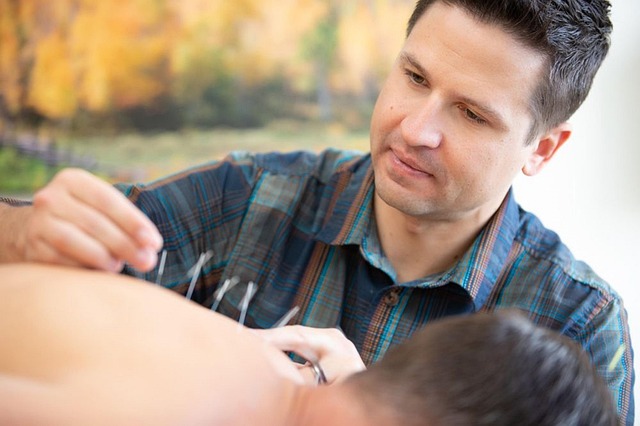
Living in Denver means embracing a unique blend of rugged outdoor beauty and urban vibrancy—and that includes choosing floors that can handle both. That’s where Luxury Vinyl Plank (LVP) flooring comes into play. LVP is a highly versatile and durable flooring option that seamlessly blends the look of real wood or tile with the resilience of vinyl. In Denver, where temperature extremes and humidity can take their toll on traditional hardwoods, LVP offers a superior solution. Its water-resistant properties make it ideal for families with pets or those who love to entertain, as it resists stains and damage from spills and moisture.
When considering Vinyl Flooring Installation in Denver, LVP’s ease of maintenance is another significant advantage. Unlike real hardwood, which requires polishing and refinishing over time, LVP flooring can be easily wiped clean with a damp mop or vacuum. Moreover, for those looking to refresh their space without breaking the bank, LVP offers a cost-effective alternative to traditional hardwood floor installation Denver while still providing the look and feel of high-end materials. Its durability ensures longevity, making it an excellent investment for any homeowner in this dynamic city.
Common Issues and Their Causes
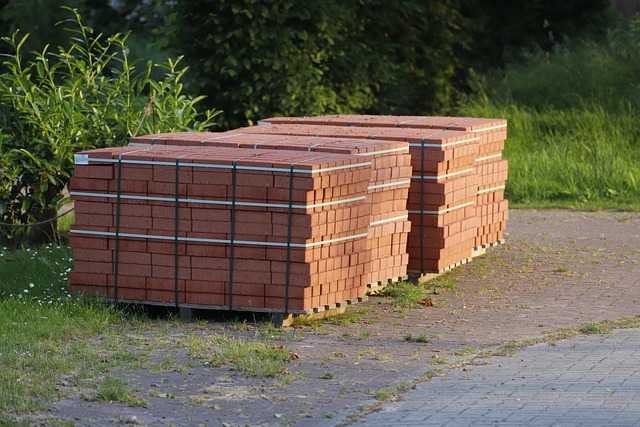
LVP (Luxury Vinyl Plank) flooring in Denver is a popular choice for its durability and aesthetic appeal, but like any floor covering, it’s not immune to issues. Common problems include peeling, warping, and loose planks, which can be caused by several factors. One of the primary reasons is improper installation, especially if the subfloor isn’t adequately prepared or the flooring isn’t laid correctly. This can lead to gaps that allow moisture to seep in, causing the LVP to swell and eventually peel.
Another frequent issue is exposure to excessive moisture, which can happen due to accidents or poor sealing around fixtures like sinks or bathtubs. Vinyl sheet flooring, a close cousin of LVP, can also suffer from bubbles, wrinkles, or peeling if not properly adhered to the subfloor. How much does LVP flooring cost in Denver? Generally, it’s competitive within the vinyl flooring market, but costs can vary based on quality and installation complexity. To maintain the longevity of your LVP flooring in Denver, regular cleaning, prompt repairs, and addressing any moisture-related problems are essential, along with ensuring proper installation from start.
Step-by-Step Repair Guide
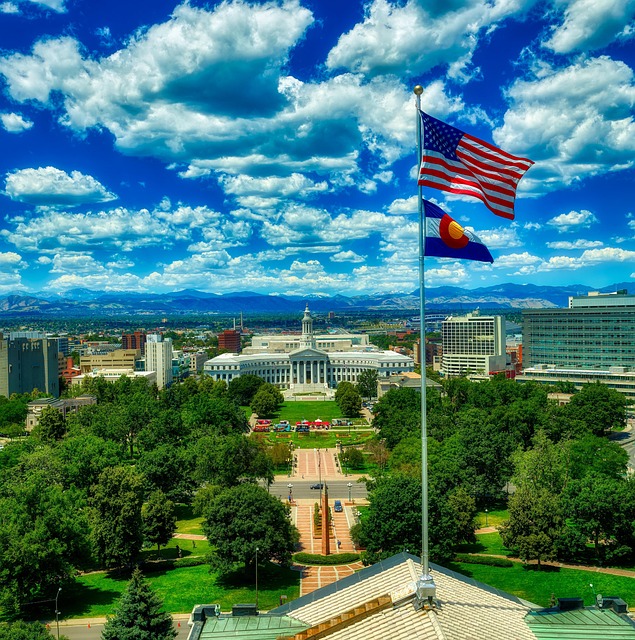
If your LVP (Luxury Vinyl Plank) flooring in Denver is showing signs of wear and tear, don’t worry—repairing it can be a straightforward process. Here’s a step-by-step guide to help you tackle common LVP flooring problems:
1. Identify the Issue: Start by closely examining the affected area. Common issues include loose planks, damaged edges, or delaminated surfaces. For basement LVP flooring Denver, moisture and humidity can be culprits; ensure proper ventilation and consider using a suitable underlayment to prevent future problems (refer to our LVP flooring installation tips).
2. Gather Materials: You’ll need replacement LVP planks (matching the existing color and style), a utility knife, a chisel or floor scraper, a putty knife, wood glue suitable for vinyl flooring, sandpaper, and a clean cloth. Best area rugs Denver can protect nearby carpets during the repair process. Choose the right underlayment for your LVP floors to enhance durability, especially in basements with potential moisture issues.
3. Remove the Damaged Plank: Carefully lift the loose or damaged plank using a utility knife or chisel. If it’s delaminated, gently peel it back. Clean the area thoroughly, removing any debris or old glue residue.
4. Prepare New Planks: Cut a new LVP plank to fit the space using a sharp utility knife. Ensure it fits snugly and has the same height as the surrounding planks. Lightly sand the edges if needed to achieve a smooth finish.
5. Apply Glue: Use wood glue specifically designed for vinyl flooring. Apply a thin layer along the back of the new plank, pressing it firmly into place. Allow the glue to set according to the manufacturer’s instructions.
6. Secure and Clean: Once the glue is dry, use a putty knife to smooth out any gaps or air bubbles. Wipe away excess glue with a clean cloth, leaving your LVP flooring Denver as good as new!
Choosing the Right Replacement
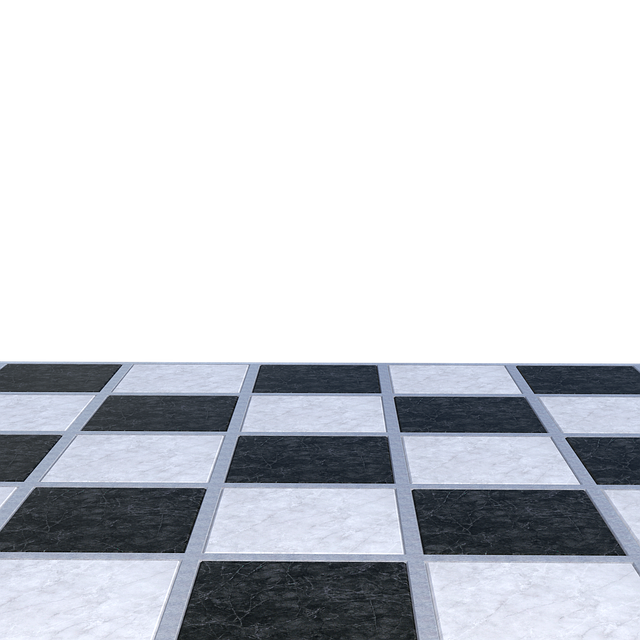
When it comes to replacing LVP (Luxury Vinyl Plank) flooring in Denver, choosing the right material is half the battle won. The market offers a plethora of options, from affordable to high-end varieties. For LVP flooring Denver residents often seek durable and water-resistant solutions suitable for their climate. Lucky for them, LVP comes in various styles mimicking real wood or tile, making it an excellent choice for both residential and commercial spaces.
Consider your specific needs when selecting a replacement. If you’re looking to replace carpet Denver, remember that LVP is low-maintenance and easy to clean, ideal for high-traffic areas like hallways and kitchens. For bathrooms, opt for water-resistant options designed specifically for such environments. Reading LVP flooring reviews Denver can help you make an informed decision about the best LVP floor installation Denver has to offer, ensuring a perfect fit for your home or business.
Maintaining Your LVP Flooring Longevity
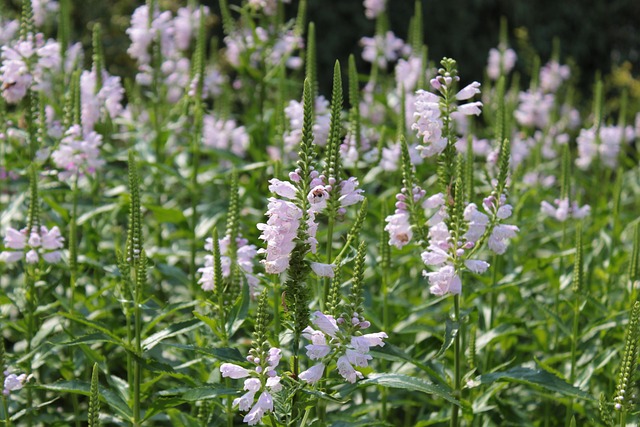
To ensure the longevity of your LVP flooring in Denver, regular maintenance is key. This includes sweeping or vacuuming at least once a week to remove loose debris and preventing water damage by promptly wiping up spills. Avoid using harsh chemicals or abrasive cleaning materials that can scratch or dull the surface. Instead, opt for pH-neutral cleaners specifically designed for LVP flooring.
Regular inspection is also crucial. Keep an eye out for signs of damage like scuffs, scratches, or warping. Addressing these issues early can prevent further deterioration. For instance, if you notice a scratched LVP floor in Denver, consider refinishing it to restore its original gloss rather than replacing the entire flooring. This not only saves costs but also preserves the aesthetic appeal of your Laminate Flooring Denver or Carpet Tiles Denver.
LVP flooring can enhance any space in Denver, but like all materials, it requires proper care and attention. By understanding common issues, such as loose planks or water damage, and implementing a simple repair guide, homeowners can extend the lifespan of their LVP floors. Regular maintenance and prompt addressing of problems ensure these durable surfaces remain vibrant and beautiful for years to come. When replacing damaged areas, choosing the right materials and keeping up with routine upkeep will guarantee your Denver home’s floor continues to impress.
